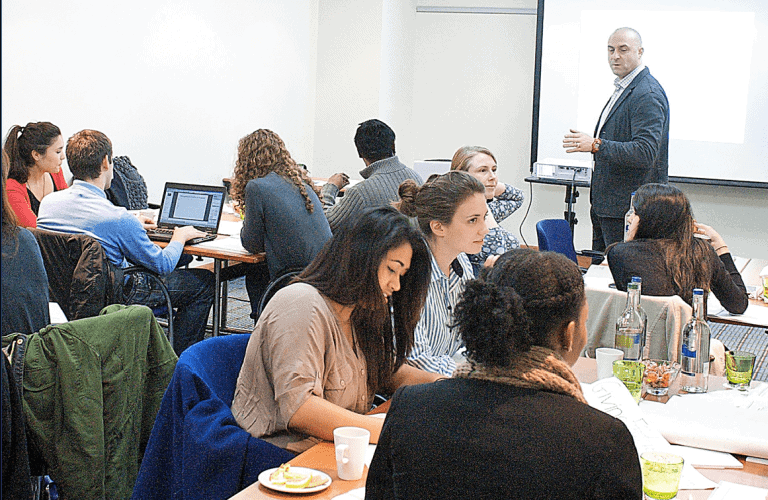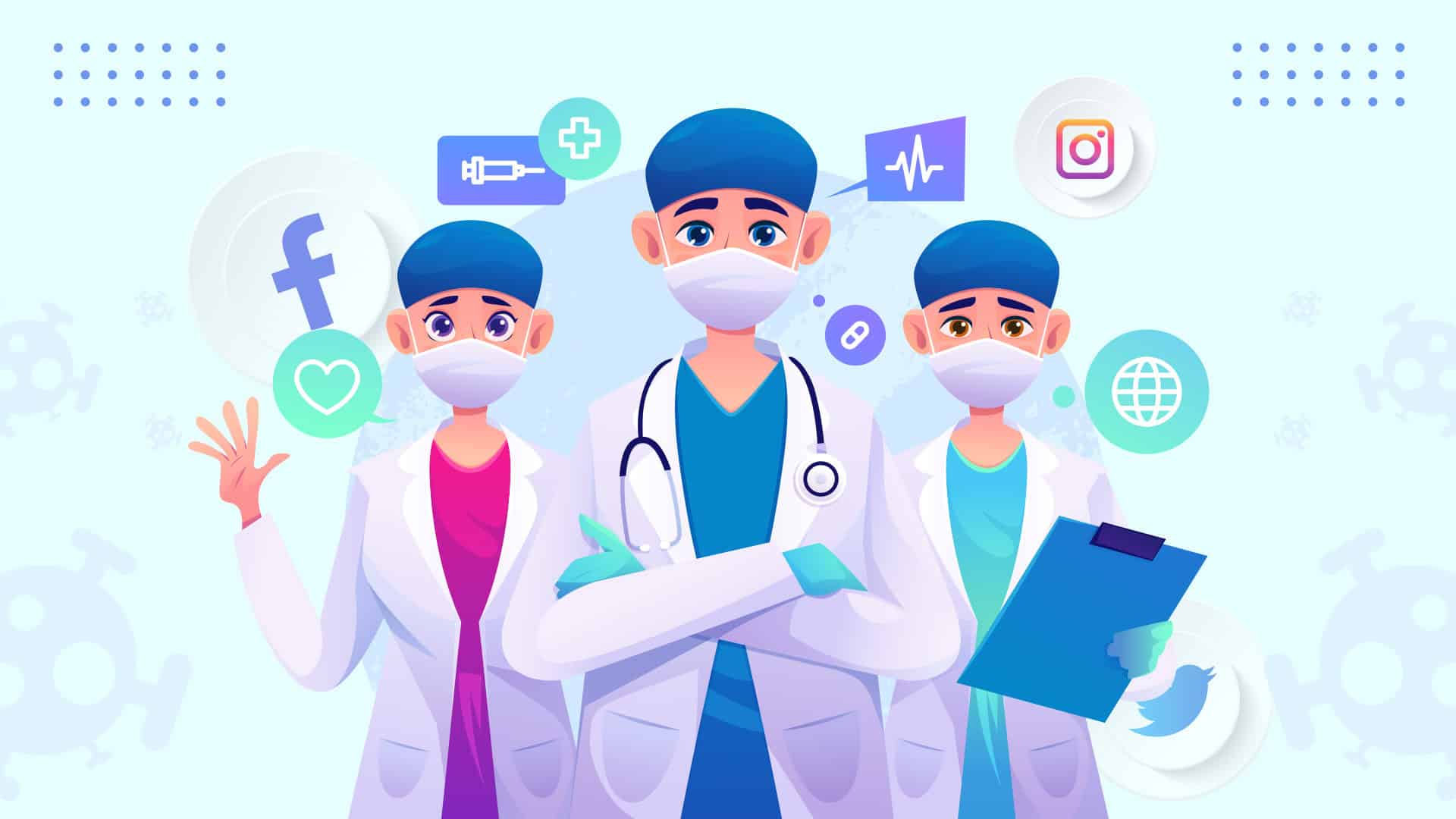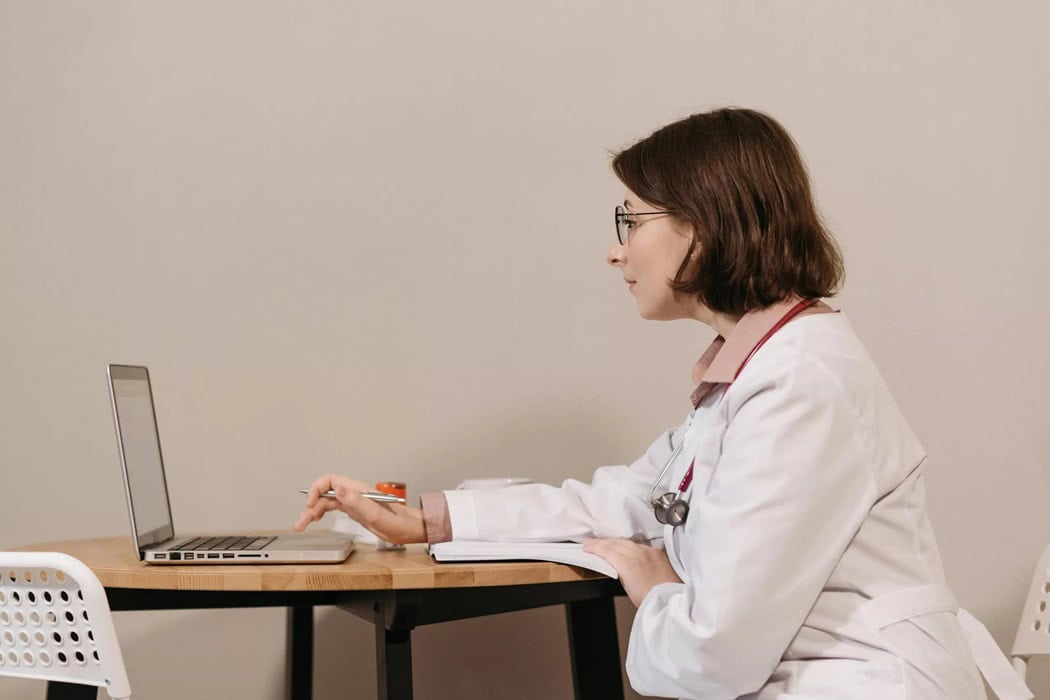How to Make the Most of Conferences and Medical Events: A Comprehensive Guide for Healthcare Professionals

The world of healthcare is dynamic, fast-paced, and constantly evolving. Medical conferences represent far more than simple annual gatherings—they are transformative experiences that can fundamentally reshape a professional’s trajectory. These events are vibrant ecosystems of knowledge, innovation, and connection, offering healthcare professionals unprecedented opportunities to grow, learn, and advance their careers.
The Significance of Medical Conferences
When medical professionals gather, something extraordinary happens. These events are not mere assemblies of presentations and academic posters; they are living, breathing platforms of intellectual exchange. Imagine walking into a space where the brightest minds in healthcare converge, where cutting-edge research meets practical innovation, and where individual practitioners can transform their understanding of medicine.
Medical conferences provide a unique environment where practitioners can simultaneously learn, network, and challenge their existing knowledge. They offer a rare opportunity to step outside the day-to-day clinical environment and gain broader perspectives on healthcare trends, technological advancements, and emerging research methodologies.
Preparing for Success: A Strategic Approach
Successful conference attendance begins long before you arrive at the venue. Effective preparation is an art form that requires thoughtful planning and intentional strategy. Start by thoroughly examining the conference agenda, looking beyond surface-level descriptions to identify sessions that truly align with your professional goals and intellectual curiosities.
Create a personalised conference itinerary that reflects your specific interests and career objectives. This might mean prioritising sessions on emerging medical technologies if you’re a researcher, or focusing on clinical practice innovations if you’re a practicing clinician. Update your professional materials, including your CV and professional summary, to reflect your current expertise and aspirations.
In our increasingly digital world, technological preparation is equally important. Download the conference mobile app, set up your digital profile, and ensure your devices are fully charged and ready for intensive use. Familiarise yourself with virtual networking platforms and digital resources that might enhance your conference experience.
The Art of Meaningful Networking
Networking is perhaps the most valuable yet most intimidating aspect of medical conferences. Successful networking is not about collecting business cards or making superficial connections, but about building genuine, meaningful professional relationships.
Approach networking with curiosity and authentic interest. Instead of preparing a rehearsed pitch, focus on asking thoughtful, engaging questions that demonstrate your genuine passion for healthcare. Listen actively and attentively when others speak, showing real interest in their work and perspectives.
Maximise networking opportunities by being proactive. Attend social events, engage during breaks, and use meal times strategically. Remember that meaningful connections often happen spontaneously and organically. Don’t be afraid to introduce yourself, share your professional interests, and explore potential collaborative opportunities.
Optimising Learning: Beyond Passive Participation
Conferences are not spectator events. To extract maximum value, you must become an active, engaged participant. During sessions, take comprehensive notes that go beyond simple transcription. Reflect on how new insights might apply to your specific practice or research area.
Engage critically with presentations by asking meaningful questions during Q&A sessions. Explore workshops that offer hands-on learning experiences. Participate in panel discussions that provide nuanced, multifaceted perspectives on complex medical challenges.
Professional Development and Career Advancement
Medical conferences are powerful platforms for professional growth. They offer unparalleled opportunities to discover cutting-edge research, identify potential collaborations, and understand emerging trends in healthcare.
Attend sessions specifically focused on career development. Network with leaders in your field, explore potential job opportunities, and gain insights into emerging medical specialties. These interactions can open doors to research collaborations, fellowship opportunities, and innovative career paths.
The Post-Conference Journey
Your conference experience doesn’t conclude when you leave the venue. Develop a post-conference action plan. Compile and organise your notes, follow up with new contacts within a week, and share key learnings with colleagues.
Implement the insights you’ve gained into your professional practice. Update your professional development portfolio, and continue the conversations and connections you’ve initiated.
Navigating Practical Considerations
Financial and logistical planning is crucial for conference attendance. Seek institutional support, explore travel grants, and carefully budget for registration, travel, and accommodation expenses. Look for conference-affiliated hotel rates and consider shared accommodations to manage costs effectively.
The Future of Medical Conferences
The landscape of medical conferences is rapidly evolving. Hybrid formats combining in-person and virtual experiences are becoming increasingly common. There’s a growing emphasis on interdisciplinary collaboration, global health challenges, and the integration of emerging technologies like artificial intelligence.
Conclusion: Conferences as Catalysts of Professional Transformation
Medical conferences are more than events—they are opportunities for professional and personal transformation. By approaching these experiences with strategic intentionality, curiosity, and openness, you can turn a few days of presentations into years of professional growth and innovation.
Your success depends not just on attending, but on how you engage, learn, and ultimately apply the knowledge you acquire. Stay curious, remain open to unexpected insights, and view each conference as a stepping stone in your continuous journey of medical excellence.



